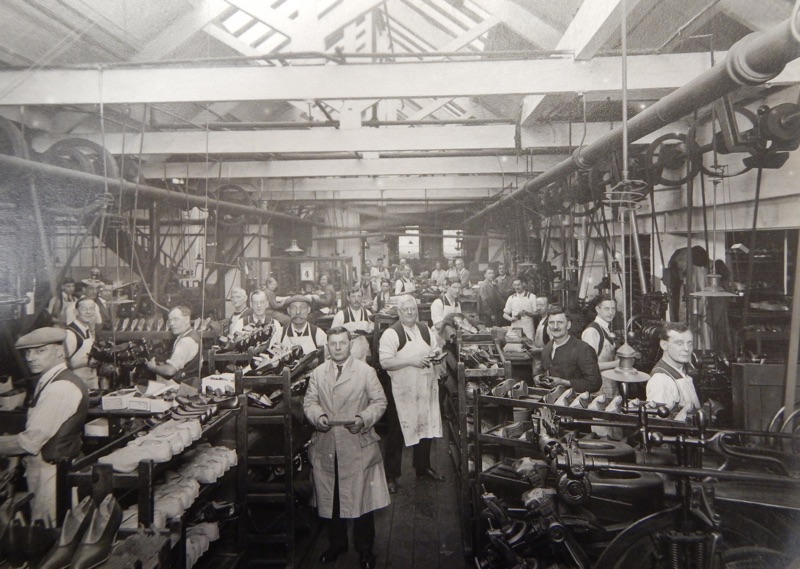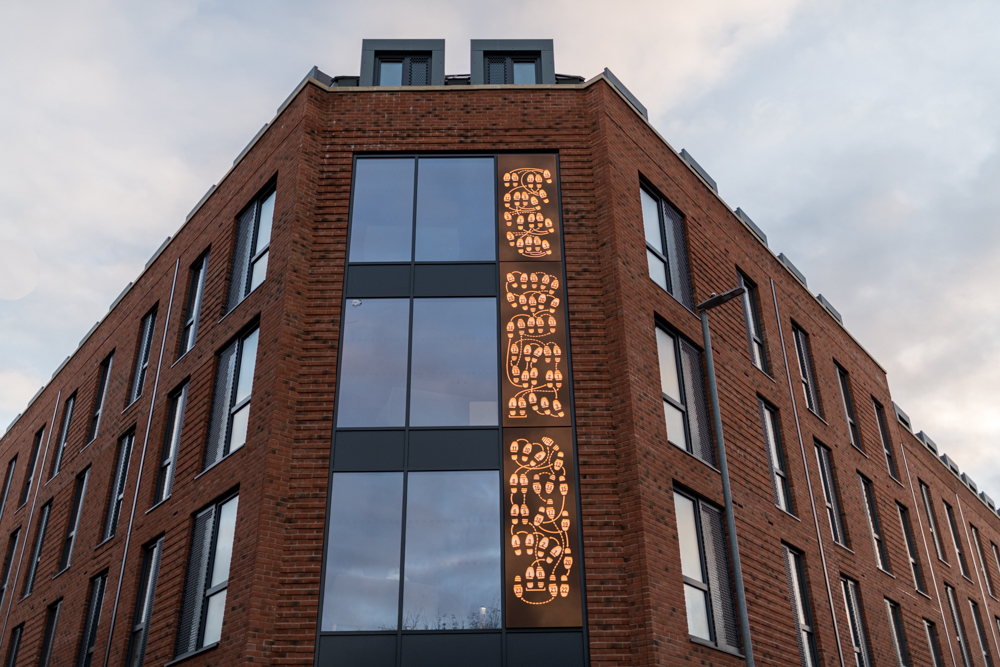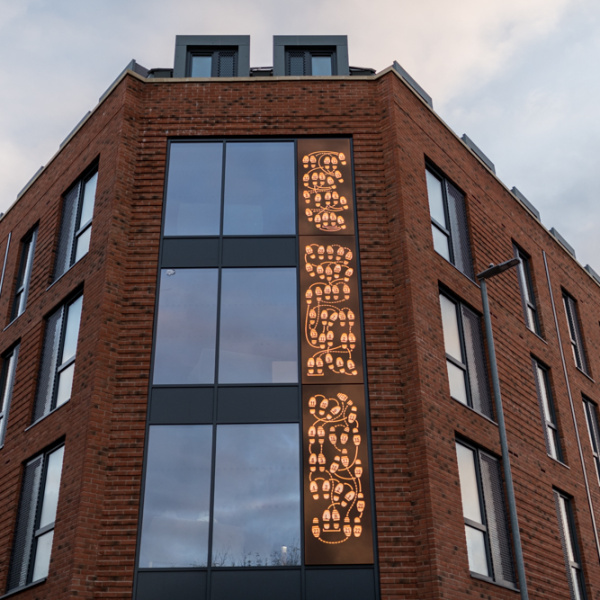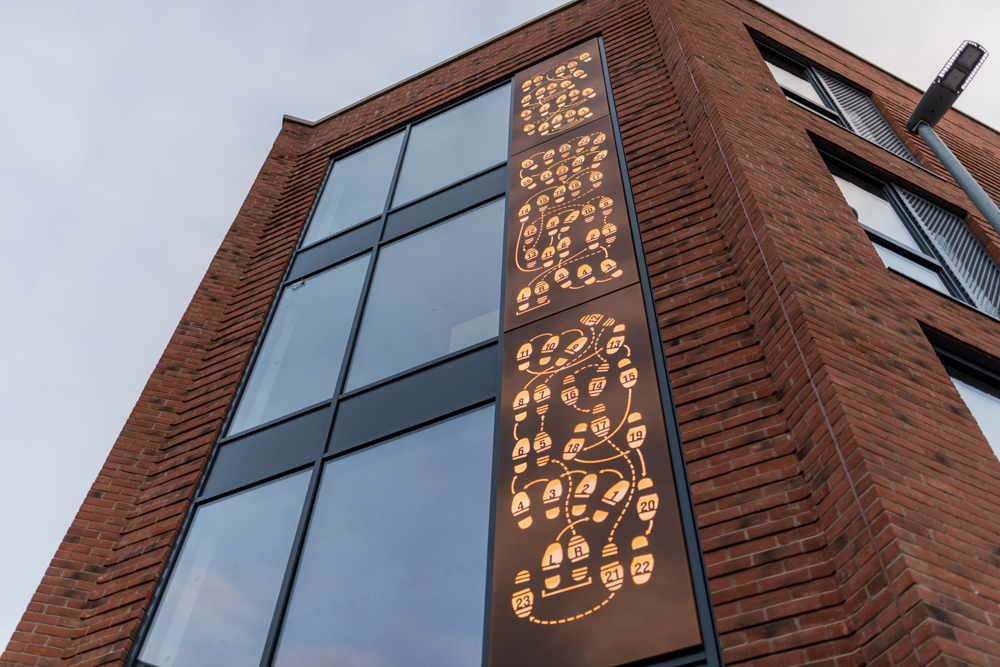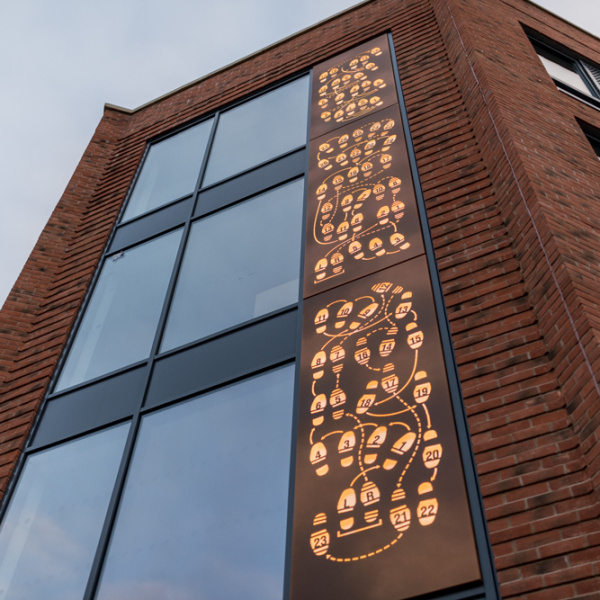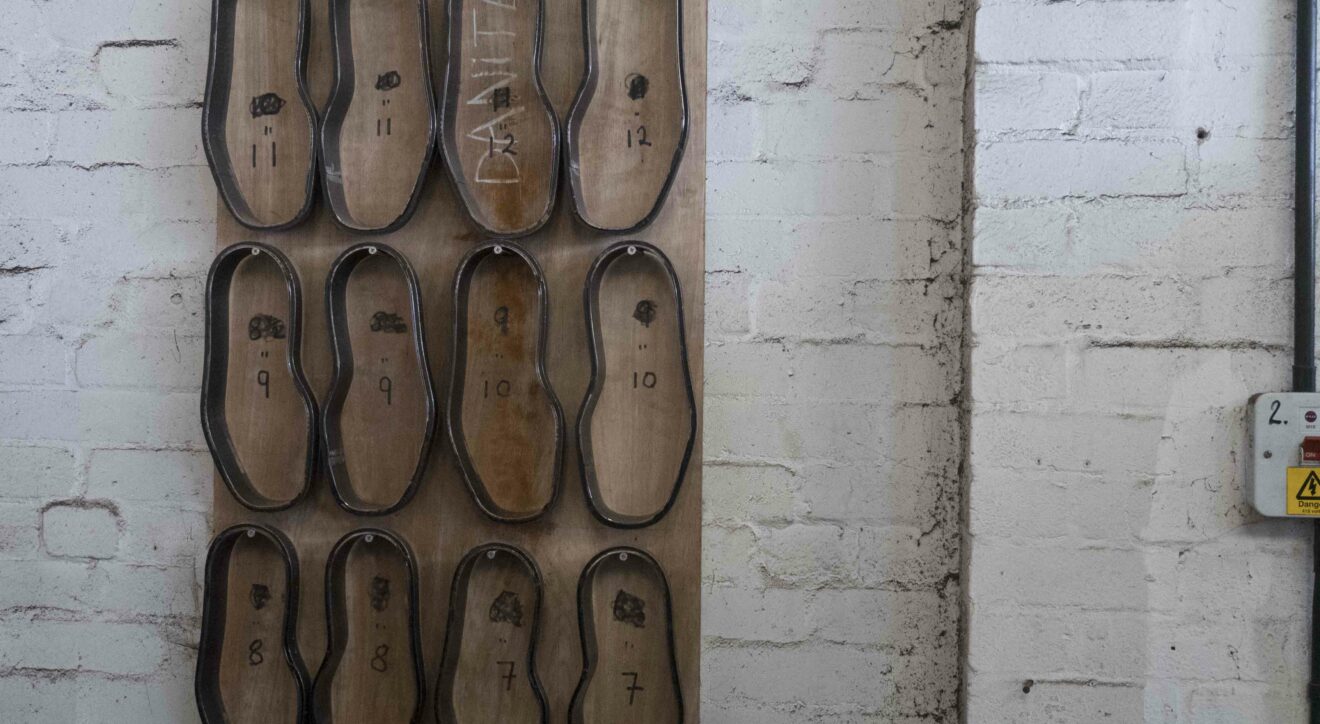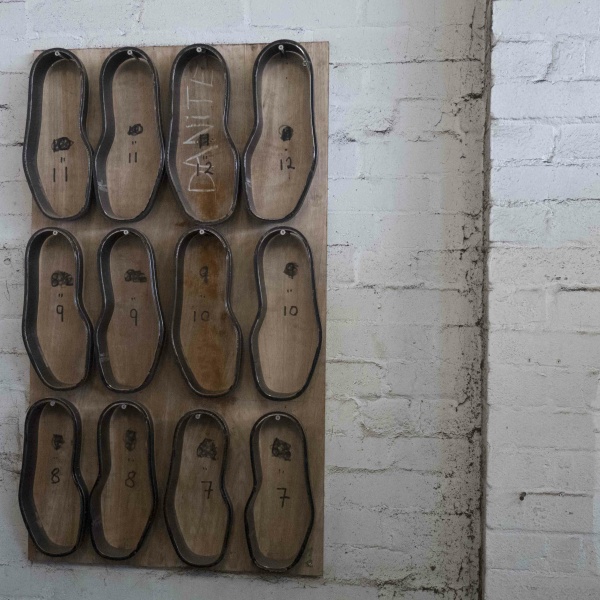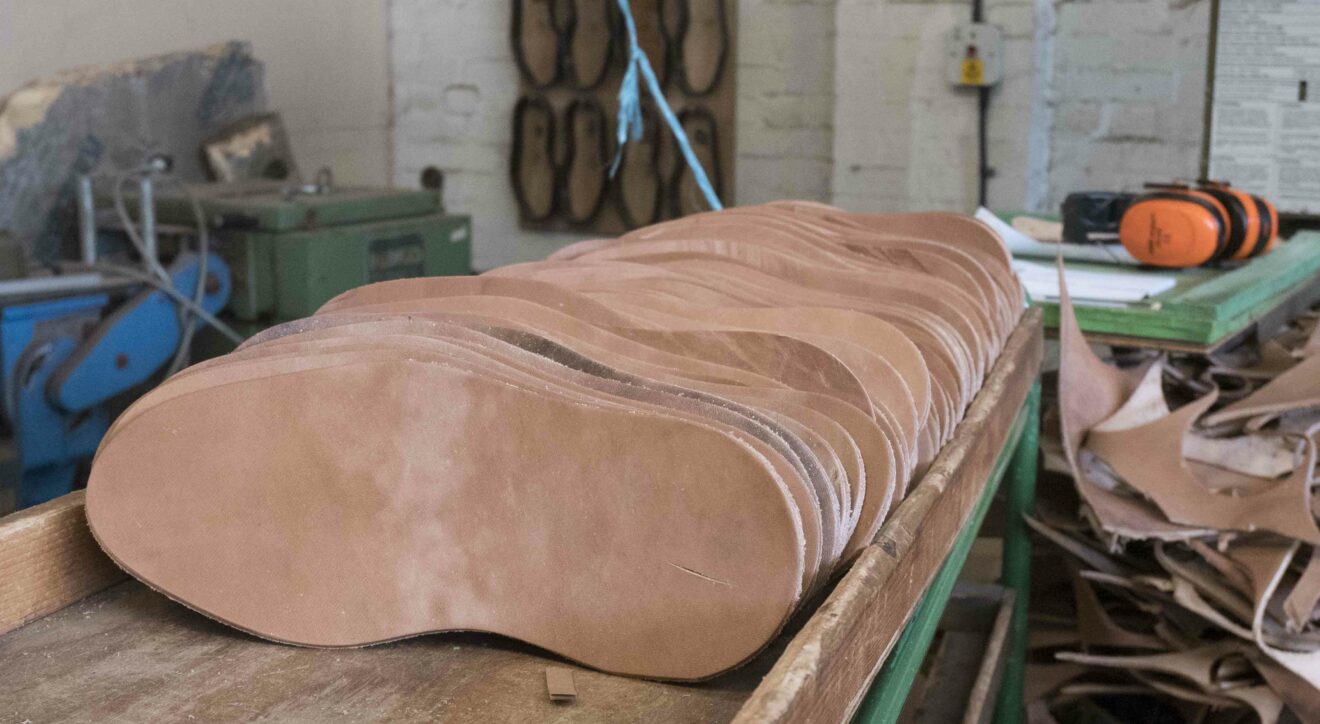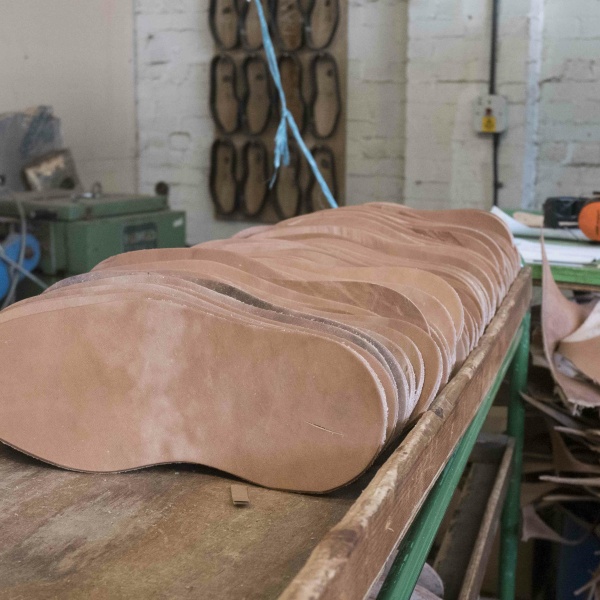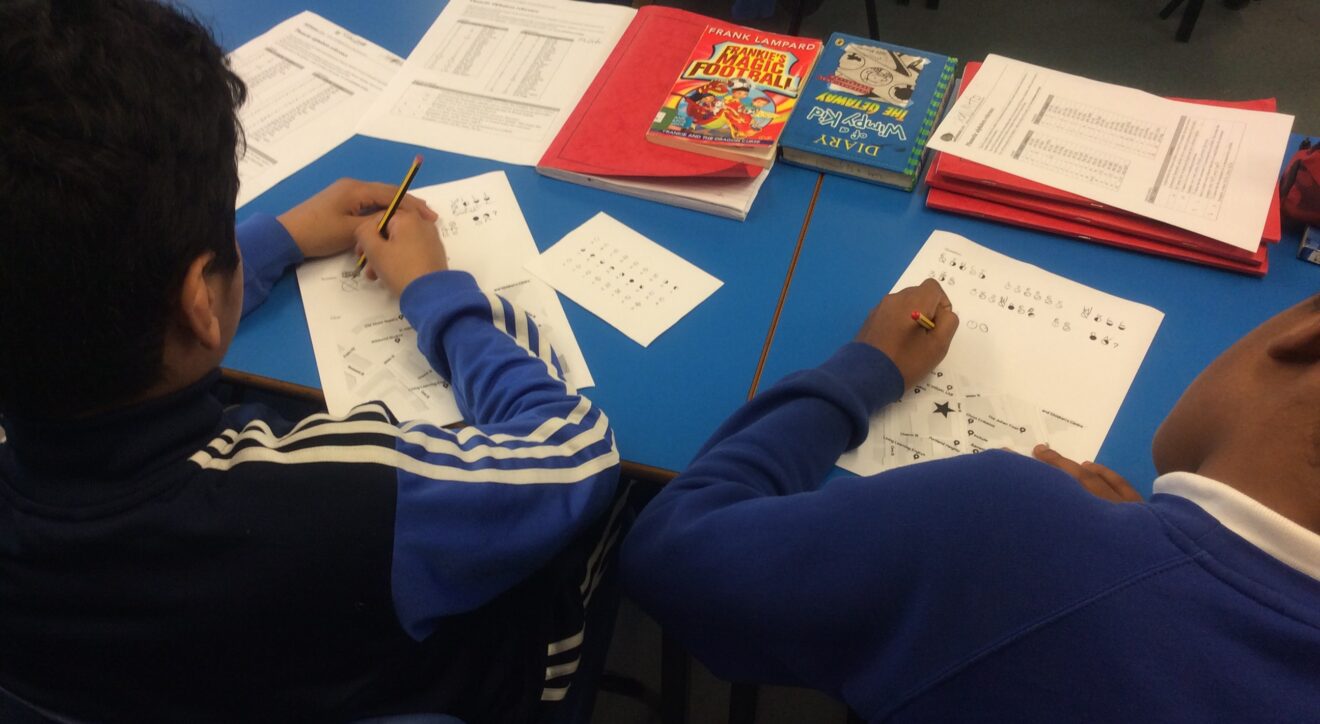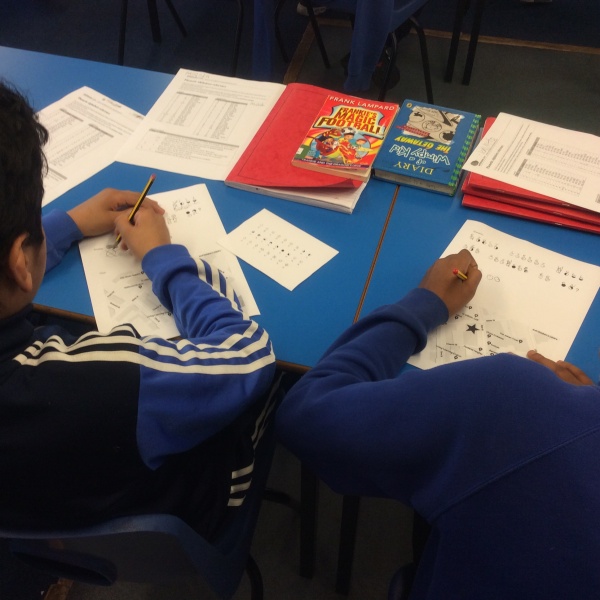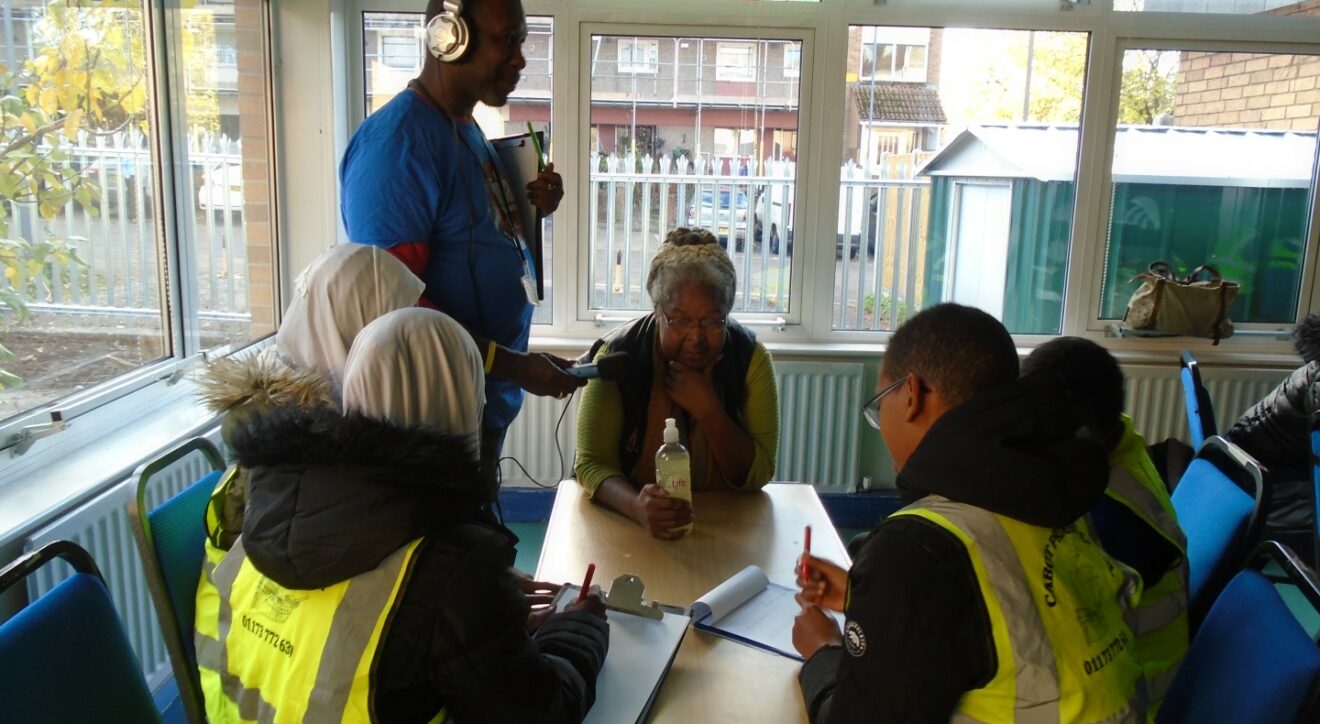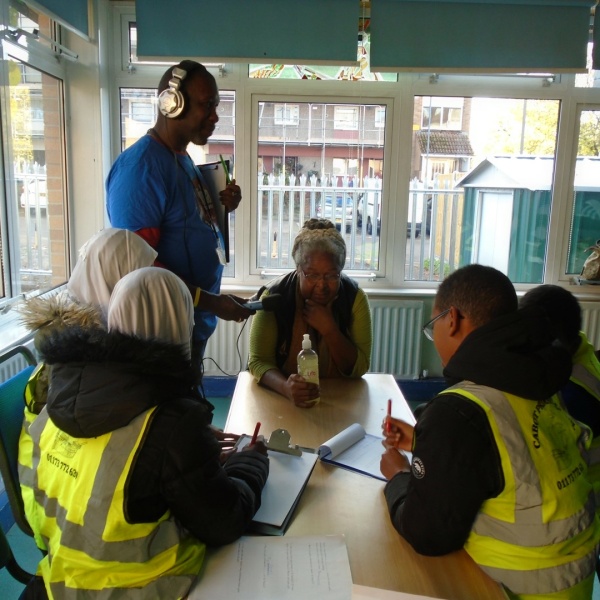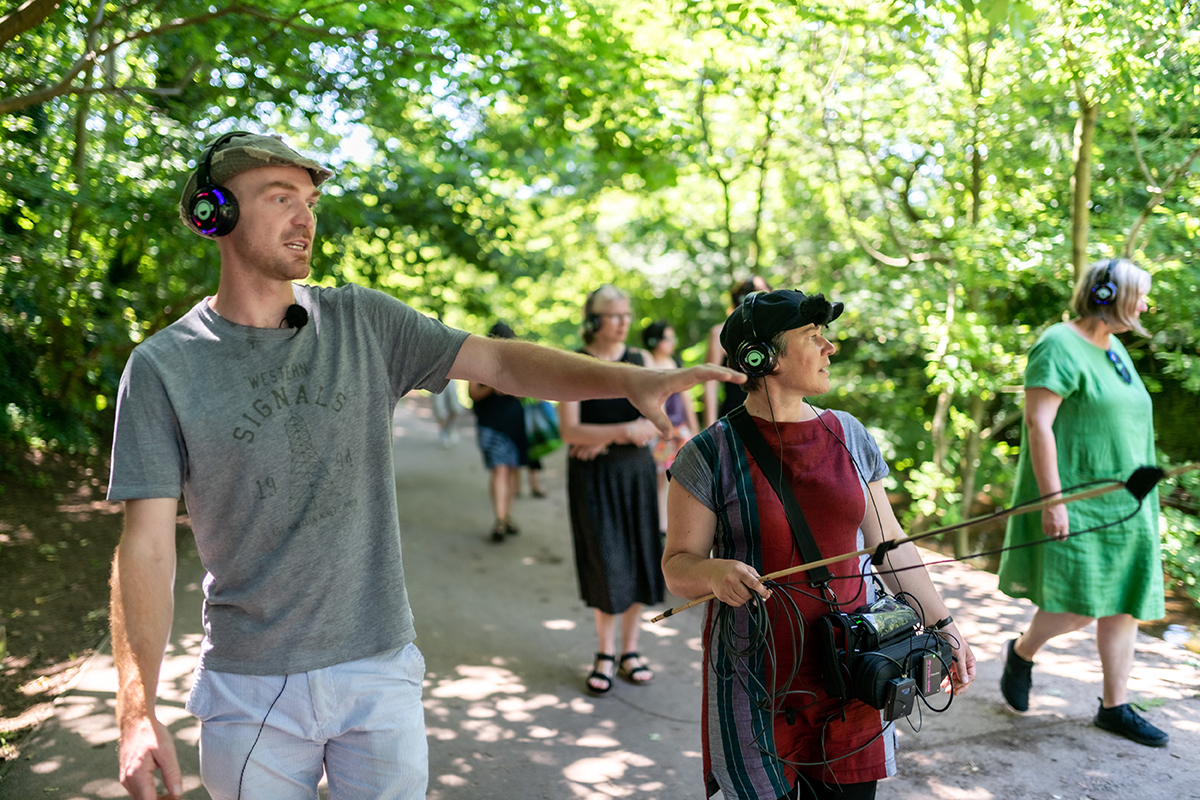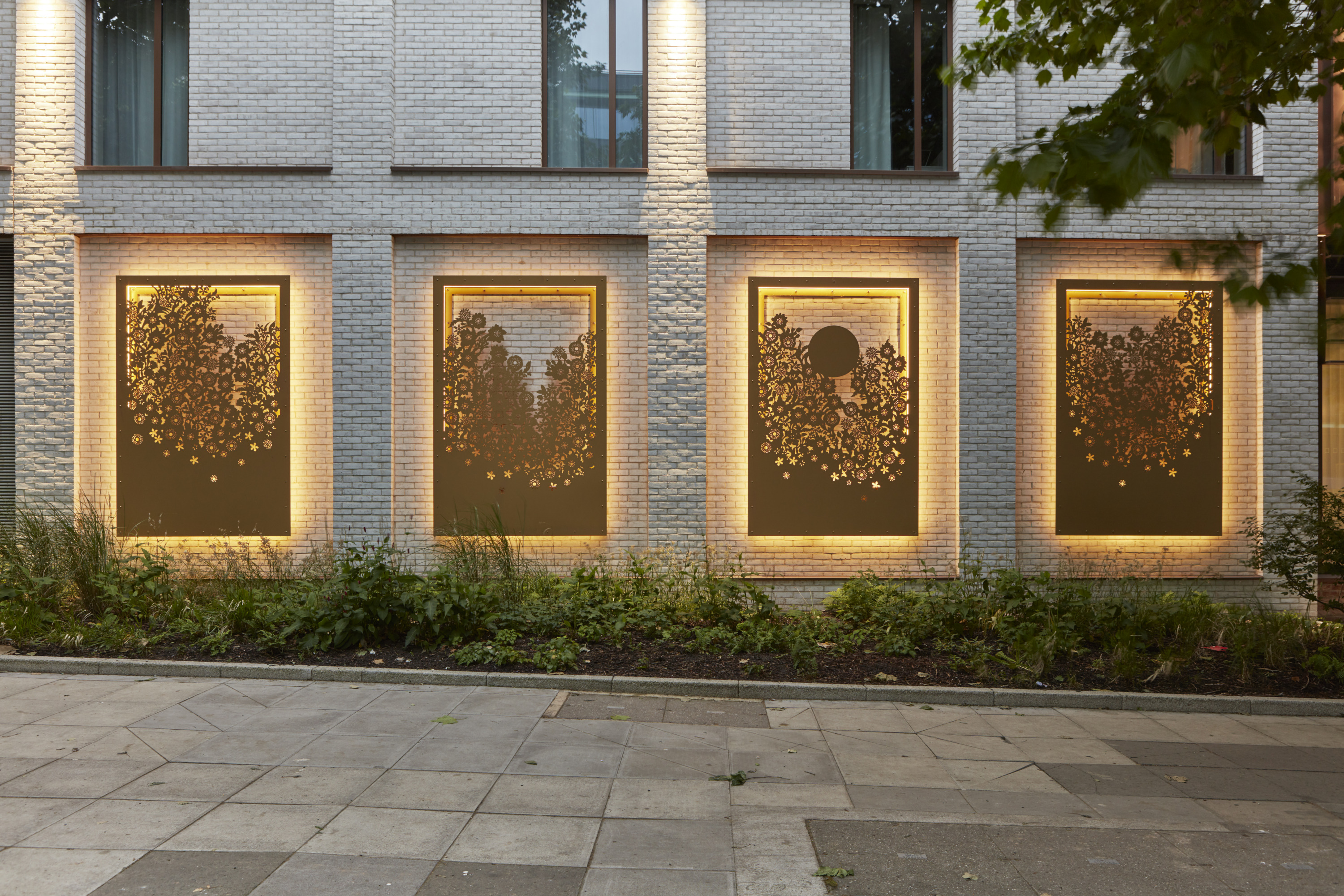
Synopsis
CIPHER was commissioned by developers Studio Hive to create a unique identify for its development on Dean Street. Jo Lathwood worked closely with local communities including Ujima Radio and Bristol-based fabricator Rank Engineering to develop an artwork that is integrated into the structure of the building.
Description
Taking inspiration from nearby Portland Square and St Paul’s rich history, CIPHER is a response to the key moments that the site has witnessed. From a 19th century boot and shoe factory to a derelict bomb site in WW2, the area later became the location of large-scale immigration. It is now home to CEED (Centre for Employment & Enterprise Development), which provides a place for people to congregate and learn new skills, and it has numerous links to radio broadcasting – as the birthplace of Ujima Radio – and the home of St Pauls Carnival.
Fabricated out of coloured steel to complement the red bricks within the new architecture, CIPHER is a large panel of laser-cut dance steps inviting the viewer to translate them into movement. The dance steps reveal a hidden message, which can be decoded with the help of a cipher located on a plaque at the base of the building. As a nod to the building’s history and use of codes during World War Two, Lathwood has drawn on Bacon’s bi-lateral cipher, invented in the 1570s, which forms the basis for modern cryptography and coding.
The artwork’s hidden message was gleaned from the local community, with Lathwood running a series of workshops delivered by educational collaborators Local Learning. In association with Year Six students from Cabot Primary and St Barnabas Primary Schools, members of the local community were interviewed, sharing their memories of the area in October 2019 at St Pauls Community Centre. These oral histories then informed the final statement hidden within CIPHER.
